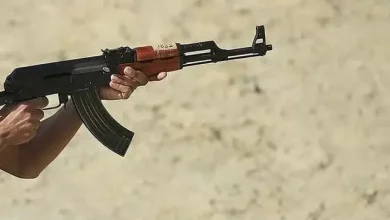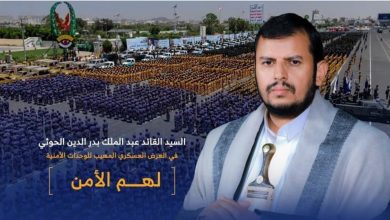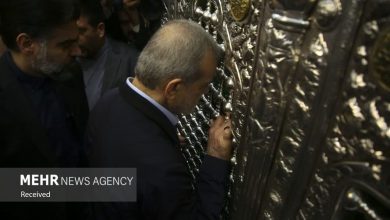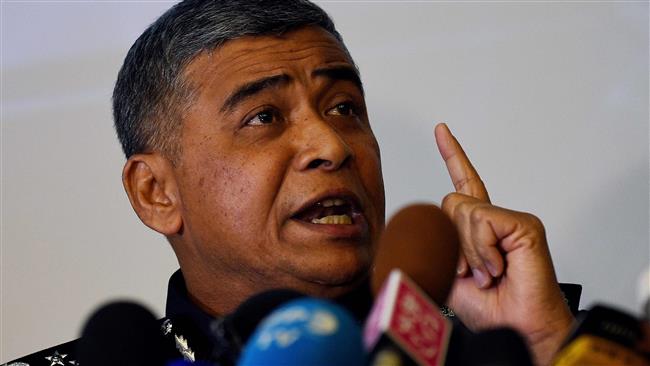Russia says trade with Iran to grow further in 2017
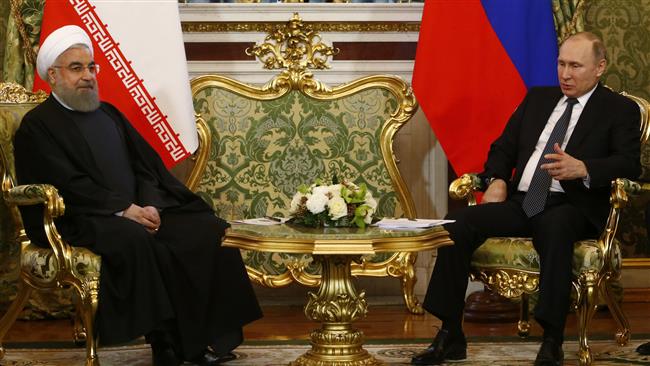

Russia says it expects trade relations with Iran to grow further this year after increasing almost twofold in 2016.
Alexander Maksimov, the honorary representative of the Russian Chamber of Commerce and Industry in Iran, was quoted by the media as saying that trade with the Islamic Republic had increased by a whopping 70 percent after the removal of sanctions against the country early last year.
Trade between the two countries, Maksimov said, had reached as high as $2.2 billion. Most of Russia’s exports to Iran during in 2016 were mainly comprised of machinery, equipment, transport, food and metals, added the official.
Iranian food exports to Russia made up just $0.3 billion of the trade balance, he emphasized.
“We think the increase in trade is connected with the improvement in bilateral relations between our countries and the growing interest from Russian and Iranian businesspeople in joint commercial activities,” Maksimov was quoted as saying by Sputnik news agency.
“In addition, the two governments are creating the necessary trade conditions with the opening of specialized banks, joint ventures, free trade zones, free economic zones, the restoration of transport links and the introduction of new measures including the creation of ‘green corridors’ and the easing of the visa regime.”
In January, Russian exports to Iran of machinery increased by 7 percent and high-technology goods by 3.7 percent in comparison with a year earlier.
The Russian Chamber of Commerce and Industry is keen for the increased cooperation to continue and wants to see Iran undertake measures to further ease bilateral trade, including a relaxation of its customs regulations, added the report.
“In 2017, there has been a sharp increase in the above sectors primarily due to recently signed contracts in the transport sector (for the construction of roads and bridges), for high-technology equipment including oil production and refining, as well as new contracts for the repair of aviation and rail equipment and energy systems, for example, in the nuclear sphere,” said Maksimov.
“Trade turnover can also be increased without additional state intervention. However, it is very important that Iran reduce customs duties and remove non-tariff barriers, such as the requirements for additional certificates and limits on the supply of Russian wheat, which led to a sharp reduction in the volume of Russian exports in 2016.”
